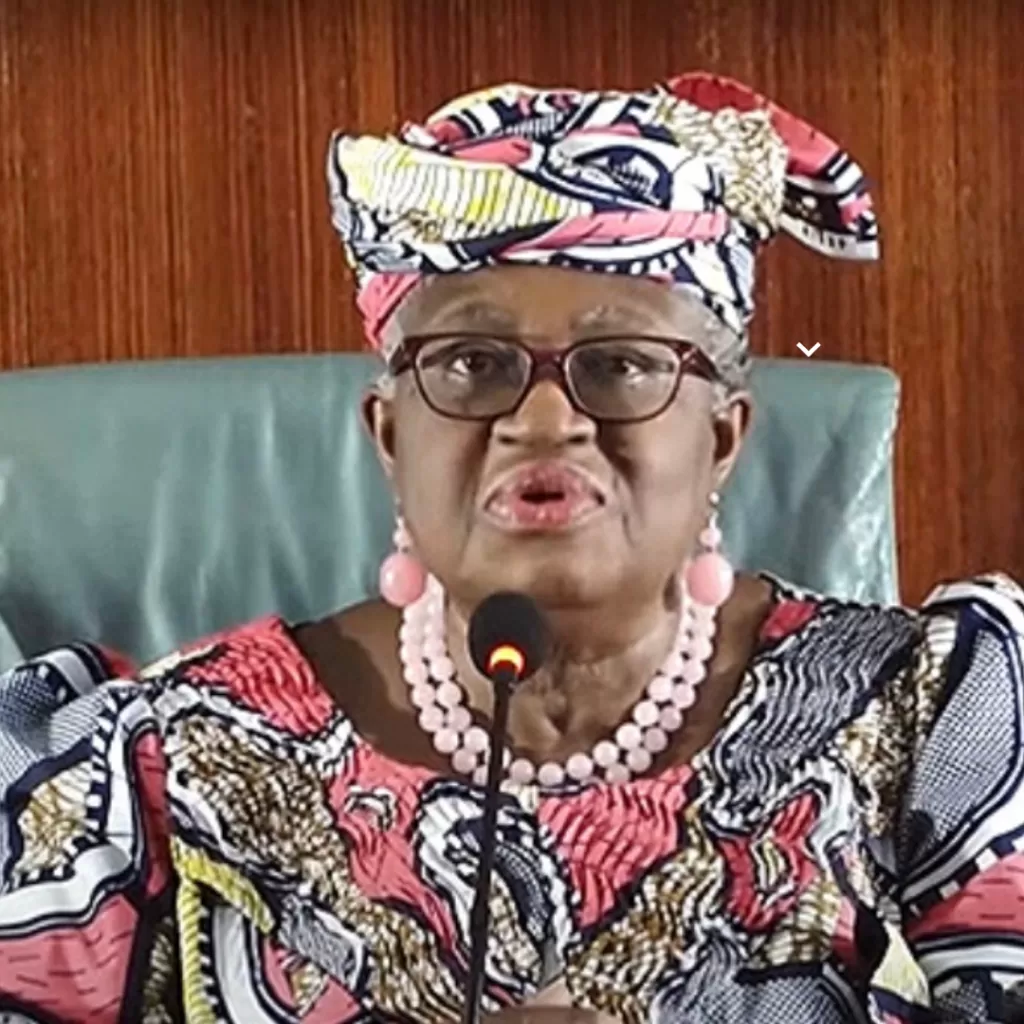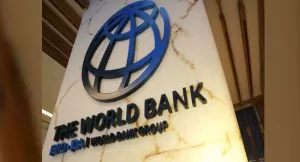Okonjo-Iweala Urges Social Safety Nets in Nigeria After Meeting with President Tinubu

Abuja, Nigeria – August 14, 2025 – Dr. Ngozi Okonjo-Iweala, Director-General of the World Trade Organization (WTO), has called on the Nigerian government to implement robust social safety nets to support the country’s most vulnerable citizens grappling with economic challenges stemming from recent reforms. The appeal came following a high-level meeting with President Bola Tinubu at the State House in Abuja, where discussions centered on Nigeria’s economic trajectory and global trade initiatives.
Dr. Okonjo-Iweala, a globally respected economist and former Nigerian Finance Minister, commended President Tinubu’s bold economic reforms, particularly the removal of the petrol subsidy and the unification of the foreign exchange windows. These measures, she noted, have contributed to stabilizing Nigeria’s economy, positioning it on a path toward sustainable growth. However, she emphasized the need for complementary policies to mitigate the adverse effects of these reforms on ordinary Nigerians, particularly the poor.
“The reforms are critical for Nigeria’s economic stability and long-term prosperity,” Okonjo-Iweala stated. “But we must ensure that the most vulnerable are not left behind. Social safety nets are essential to cushion the impact of these changes and provide a foundation for inclusive growth.”
The petrol subsidy removal, implemented in May 2023, led to a sharp increase in fuel prices, triggering a ripple effect on transportation costs, food prices, and overall inflation. Similarly, the unification of Nigeria’s foreign exchange windows, aimed at aligning official and parallel market rates, has caused significant currency depreciation, further straining household budgets. While these policies have been praised by international financial institutions for their long-term benefits, they have sparked widespread public discontent due to immediate economic hardships.
During the meeting, Okonjo-Iweala also briefed President Tinubu on the Women’s Exporters’ Fund for the Digital Economy, a collaborative initiative between the WTO and the International Trade Centre (ITC). Nigeria was selected as one of only four countries globally to benefit from this program, which aims to empower women entrepreneurs in the digital economy. Out of 67,000 Nigerian women who applied for the fund, 146 were selected for support. Of these, 16 women entrepreneurs received specialized assistance to scale their businesses, while 100 others were awarded $5,000 each to either start or strengthen their enterprises.
“This initiative is a testament to Nigeria’s vibrant entrepreneurial spirit, particularly among women,” Okonjo-Iweala said. “By investing in women-led businesses, we are not only fostering economic growth but also promoting gender equality and digital inclusion.”
The WTO Director-General expressed optimism about Nigeria’s potential to leverage its large market and youthful population to drive economic diversification and global competitiveness. She also highlighted the importance of Nigeria’s active participation in global trade frameworks, noting that the country’s leadership in Africa could set a precedent for other developing nations.
President Tinubu, in response, reiterated his administration’s commitment to economic reforms and inclusive development. He acknowledged the challenges faced by Nigerians and assured that his government was working on measures to alleviate poverty and promote equitable growth. The details of these measures, however, were not disclosed during the meeting.
Okonjo-Iweala’s visit underscores the international community’s keen interest in Nigeria’s economic reforms and their broader implications for Africa’s largest economy. Her call for social safety nets aligns with growing advocacy from civil society organizations and economic analysts, who have urged the government to prioritize programs such as cash transfers, food subsidies, and affordable healthcare to support vulnerable populations.
As Nigeria navigates its complex economic landscape, the government faces the dual challenge of sustaining reform momentum while addressing immediate public needs. The success of these efforts will likely shape the country’s economic future and its standing in the global trade arena.







